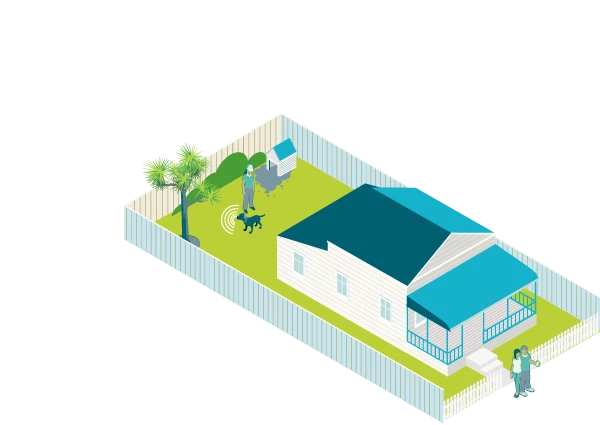Any conditions added to a tenancy agreement must comply with the law. This page provides guidance on conditions landlords can and cannot add.
Conditions that landlords can add
Landlords can add conditions to a tenancy agreement if they are reasonable and generally consistent with the Residential Tenancies Act 1986 (The Act). This includes any conditions that help to ensure tenants do not breach their responsibilities under the Act by limiting potential damage to the property.
These can include:
- banning smoking tobacco product indoors. Smoking tobacco products in an outbuilding is allowed (for example: a garage, shed, carport or something similar)
- landlords can give tenants a floorplan of areas on the property that are banned from smoking
- not allowing tenants to sublet the property
- limiting the number of people allowed to live in the house. The tenants included on the agreement are responsible for making sure the number is not exceeded
- rules about where cars may be parked on the property
- certain rules about pets.
Any conditions added to a tenancy agreement must allow the tenant to retain quiet enjoyment of the property. This means the landlord cannot harass the tenant or interfere with their reasonable peace, comfort and privacy.
Conditions that landlords cannot add
Landlords cannot add conditions that are inconsistent with the Act or that go beyond what the Act requires of tenants. Conditions that are inconsistent with the Act will have no effect. A landlord cannot enforce what is outside the law, and tenants cannot sign away any of their rights under the Act.
If landlords wish to add a condition to a tenancy agreement and are unsure if it is consistent with the Act, they should seek independent legal advice.
Last updated: 20 March 2025

